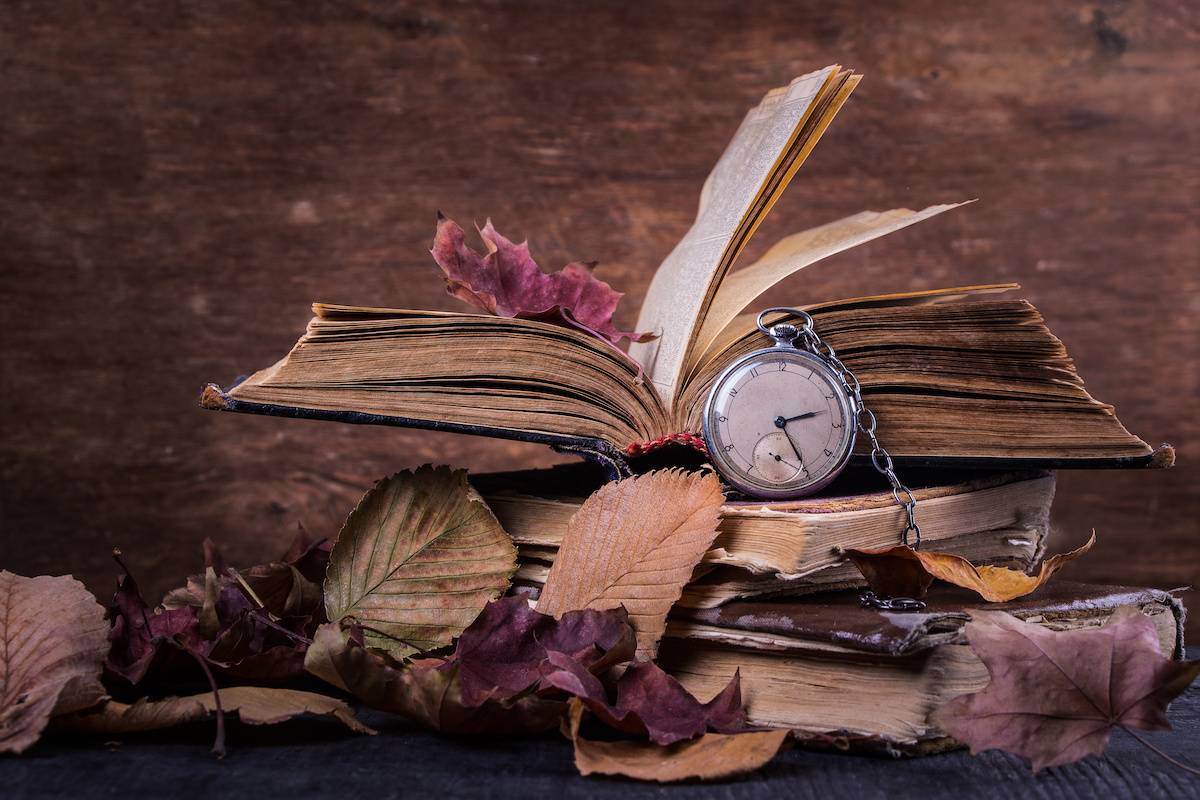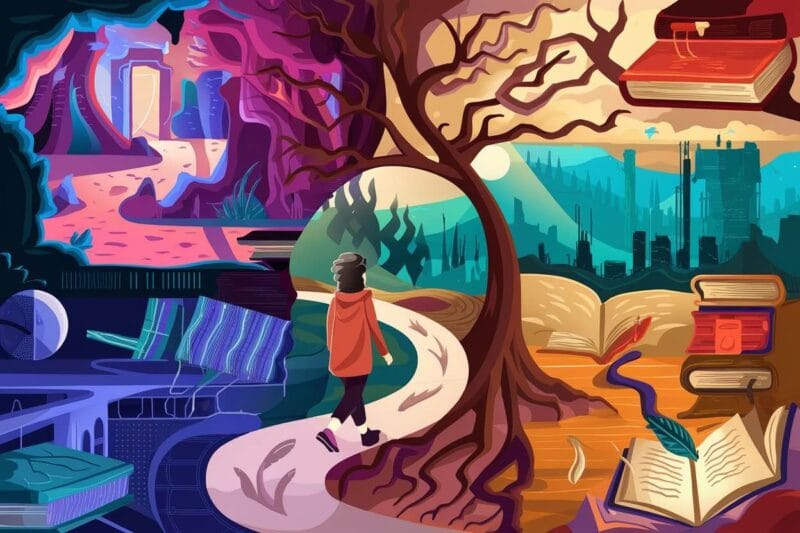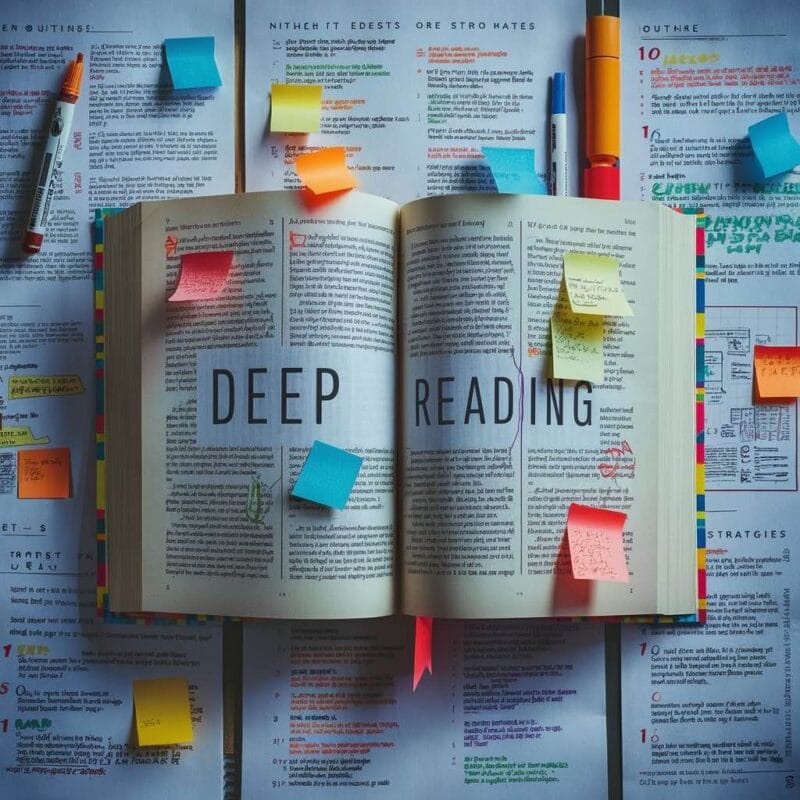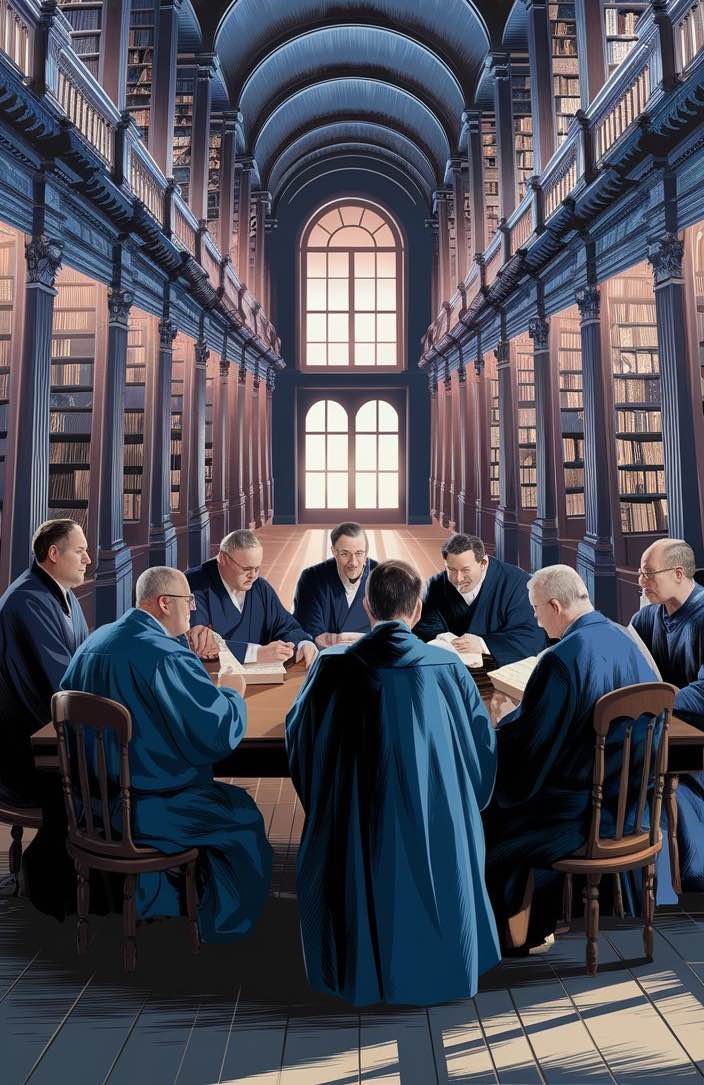[su_label type=”black”]Bookworm’s Notebook[/su_label]
[su_box title=”Key Takeaways” style=”soft”]
[su_list icon=”icon: check” indent=”4″]
- Classic novels captivate readers across generations due to their timeless quality, offering historical context and profound insights into the human condition. Their influence is evident in modern adaptations and popular culture. Key factors contributing to their enduring appeal include:
– Universal themes like love, loss, ambition, and morality
– Well-developed, relatable characters
– Intricate plotlines and masterful storytelling techniques
– Thought-provoking ideas and social commentary - These novels serve as cultural artifacts, reflecting the social and historical contexts of their time.
- Famous examples include Moby Dick, Pride and Prejudice, To Kill a Mockingbird, The Great Gatsby, and Nineteen Eighty-Four.
- The debate about whether modern works can attain classic status highlights the evolving nature of what constitutes a classic. Ultimately, the classification of a novel as a classic is subjective and influenced by personal preferences, cultural contexts, and societal changes.
[/su_list]
[/su_box]
Classic novels have a timeless quality that continues to captivate readers across generations. They possess an enduring allure that transcends the boundaries of time and cultural differences. They often provide historical context that allows readers to gain a deeper understanding of different eras and cultures.
Despite being written decades or even centuries ago, classic novels continue to inspire contemporary writers and artists. Their influence can be seen in modern adaptations, reinterpretations, and references in popular culture. This enduring legacy is a testament to their profound impact on literature as an art form.
But what makes a novel a classic, exactly? What are the qualities that enable these literary works to stand the test of time?
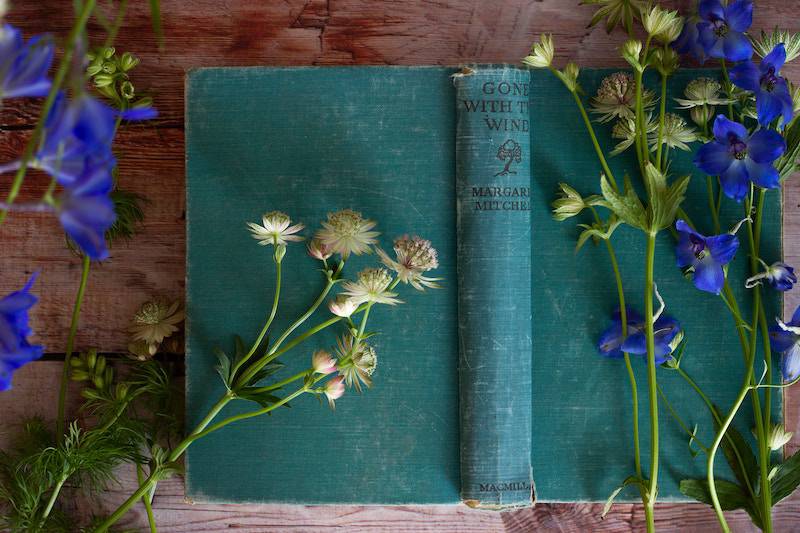
In an era where technology dominates our lives and attention spans are shorter than ever before, the enduring appeal of classic novels reminds us of the importance of slowing down and immersing ourselves in classic literature.
Classic books provide a break from the incessant noise and distractions of modern life. These timeless works invite us to reflect on our own lives while offering a sense of escapism into different worlds and perspectives.
By immersing ourselves in narratives from the past, we can gain valuable perspectives on social dynamics, political climates, and cultural norms that shape our present reality.
Why Classic Novels Continue to Resonate With Readers
Classic novels resonate with readers by reflecting universal human experiences, utilizing intricate characters and timeless themes that transcend generations, and fostering empathy, introspection, and enduring connections.
Universal Themes and the Human Condition
One of the key factors lies in their ability to touch a chord with readers on a universal level. Classic novels often explore fundamental aspects of the human condition, delving into themes such as love, loss, ambition, and morality.
By addressing these universal experiences, they create connections that span across different demographics, cultures, or eras.
Another characteristic of classic novels is their ability to offer profound insights into the complexities of life. They delve deep into human emotions and motivations, shedding light on our deepest desires, fears, and struggles.
Multidimensional Characters and a Compelling Plot
Through richly developed characters and intricate plotlines, classic novels provide a window into the human psyche, allowing readers to gain a deeper understanding of themselves and others.
Well-developed characters enhance the enduring appeal of classic novels, primarily due to their relatability. These characters often mirror our own experiences, thoughts, and emotions, allowing us to connect with them on a personal level.
The interaction between these well-developed characters within complex plotlines creates a dynamic narrative structure that captivates readers’ attention over time. The carefully crafted story arcs unfold gradually, allowing readers to immerse themselves in a richly detailed world.
Masterful Storytelling Techniques
Furthermore, classic novels often possess exceptional literary craftsmanship. They exhibit masterful storytelling techniques, employing vivid imagery, evocative language, and compelling narratives that transport readers into different worlds.
The skillful use of language allows these novels to transcend mere entertainment and become works of art. Many contemporary authors draw inspiration from these literary giants as they strive to create their own impactful works.
Social Commentary and Thought-Provoking Ideas
Most classic novels have stood the test of time due to their ability to provoke thought and spark intellectual discourse. They raise important questions about society, culture, or politics that remain relevant even years or centuries after their publication.
These thought-provoking ideas challenge readers’ perspectives and invite them to engage in critical thinking. As we continue to explore these literary treasures from different eras and cultures around the world, we discover new layers of meaning that continue to resonate with us today.
It is this combination of universal themes, profound insights into human experiences, exceptional craftsmanship in storytelling techniques, and thought-provoking ideas that contributes to the enduring allure of classic novels.
Again, what makes a novel a classic? As long as readers continue to seek out stories that explore the complexities of the human condition, these literary masterpieces will continue to occupy a unique place in our collective consciousness.
Social and Historical Context: Reflecting the Zeitgeist of an Era
Classic novels have always been a window into the socio-historical context of their time. These literary works not only entertain readers but also serve as invaluable cultural artifacts that provide insights into societal changes and attitudes.
One of the remarkable aspects of classic novels is their ability to mirror the social and historical context in which they were written. These literary masterpieces offer a glimpse into the values, beliefs, and challenges faced by people during a specific period.

For example, Victorian literature often explores themes such as industrialization, class divisions, and gender roles. Through authors like Charles Dickens or Jane Austen, we can observe how societal changes influenced their narratives and characters.
The struggles faced by characters in these novels are often relatable across generations because they tap into universal emotions and experiences.
Moreover, classic novels serve as a testament to the enduring power of literature to reflect society’s evolution over time. They remind us that while times may change, human nature remains constant.
Famous Examples of Classic Novels and Their Enduring Legacy
Among these literary masterpieces are iconic works such as Moby Dick (1851) by Herman Melville, Pride and Prejudice (1813) by Jane Austen, To Kill a Mockingbird (1960) by Harper Lee, The Great Gatsby (1952) by F. Scott Fitzgerald, and Nineteen Eighty-Four (1949) by George Orwell.
[su_image_carousel source=”media: 9088,9091,9092,9093″ limit=”20″ slides_style=”photo” controls_style=”light” crop=”16:9″ columns=”1″ adaptive=”yes” spacing=”yes” align=”none” max_width=”none” captions=”no” arrows=”yes” dots=”yes” link=”lightbox” target=”blank” autoplay=”5″ speed=”medium” image_size=”medium” class=””]
With its epic tale of Captain Ahab’s pursuit of the elusive white whale, Moby Dick tackles themes of obsession and delves deep into the depths of human nature.
Jane Austen’s Pride and Prejudice explores social mores and the complexities of love through the spirited Elizabeth Bennet.
Harper Lee’s To Kill a Mockingbird delves into the racial injustice in the Deep South through the eyes of a young child, Scout Finch.
The Great Gatsby paints a vivid picture of 1920s America, examining themes of wealth, love, and the elusive American Dream through Jay Gatsby’s extravagant parties.
George Orwell’s Nineteen Eighty-Four presents a dystopian future where Big Brother watches over every aspect of society, raising questions about government control and individual freedom.
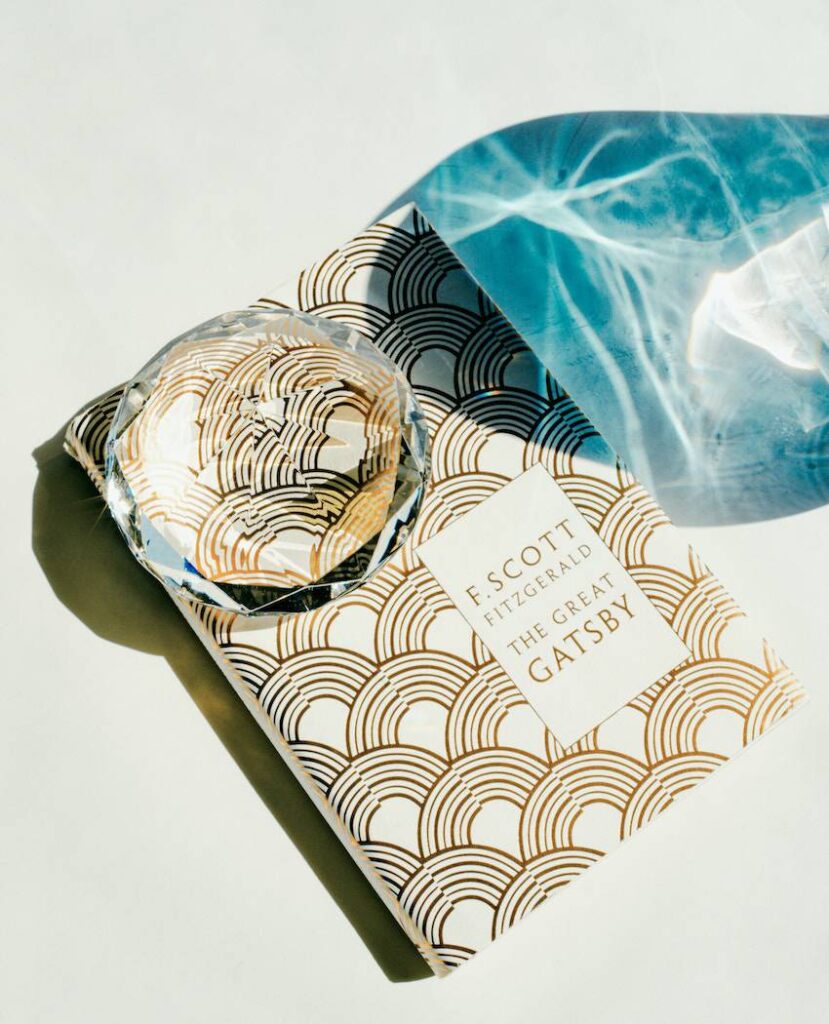
These novels have left an indelible mark on literature due to their powerful storytelling, memorable characters, and thought-provoking themes. Their enduring legacy serves as a testament to their continued relevance in today’s world and their ability to resonate with readers from all walks of life.
Can modern works attain the status of a classic?
While traditional classics have long held a revered place in our cultural canon, there is an ongoing discussion about whether contemporary works can achieve the same level of recognition and enduring relevance.

The question of whether modern works can attain the status of classics has sparked a lively debate in literary circles. In recent years, we have seen new works emerge as contenders for classic status, challenging the notion that only older works can be considered timeless.
Contemporary literature has its own unique voice and perspective, reflecting the concerns and experiences of our modern world. It grapples with current issues, challenges established cultural beliefs, and pushes boundaries in terms of style and form.
Authors such as J.K. Rowling with her Harry Potter series and Roberto Bolaño with his novel The Savage Detectives (Los detectives salvajes, 1998) have both garnered widespread acclaim and a dedicated following, positioning their works as potential modern classics.
Advocates for modern classics argue that these works reflect the concerns and experiences of our current society, making them more relatable to contemporary readers.
They also highlight the impact of technology and globalization on literature, suggesting that the definition of a classic should evolve to encompass these new perspectives.
On the other hand, skeptics argue that true classics are products of their time and require historical distance to fully appreciate their significance. They maintain that contemporary works may be popular now but lack the enduring power to transcend generations.
In the end, whether modern works can attain classic status is a subjective matter that is still open to debate and interpretation.
As readers continue to engage with both traditional and contemporary literature, it is important to recognize that literary value is not solely determined by age or popularity but by the lasting impact it has on individuals and society as a whole.
The Subjectivity of the Classic Status
While the qualities discussed above contribute significantly to a novel’s potential to become a classic, it’s essential to acknowledge the inherent subjectivity in determining classic status.
What resonates deeply with one reader might not have the same effect on another. Personal preferences, cultural contexts, and individual experiences all play a role in shaping our interpretations of literature.
The subjectivity involved in defining classic status is not limited to readers alone. Critics, scholars, and literary experts also bring their biases and perspectives to the table.
This fluidity in perception reminds us that a classic’s significance is not solely derived from its inherent qualities but also from the interplay between the work and the evolving world around it.
A novel that receives critical acclaim in one era might be reassessed or reinterpreted in a new light years later, altering its standing in the literary canon.
Evolution of the Classic Canon
It’s worth noting that the definition of a classic is not static; it evolves as our understanding of literature and society changes.
Over time, the definition of what qualifies as a classic novel has evolved. Societal and cultural changes influence our perception of what makes a novel timeless and significant. As our values and perspectives shift over time, so do our definitions of classic literature.
Today, the canon of classic novels has expanded to include voices and perspectives that were previously marginalized or overlooked. Works by authors from diverse backgrounds exploring themes related to race, gender, and identity have rightfully earned their place among the classics.
This evolution reflects a growing recognition that the enduring qualities of fiction extend beyond traditional boundaries such as time, race, and gender.
Hence, the classification of a novel as a “classic” is not an objective determination but rather an ongoing conversation influenced by individual opinions and evolving definitions. It is this dynamic nature that keeps the discussion surrounding classic novels alive and captivating for literary enthusiasts around the world.

